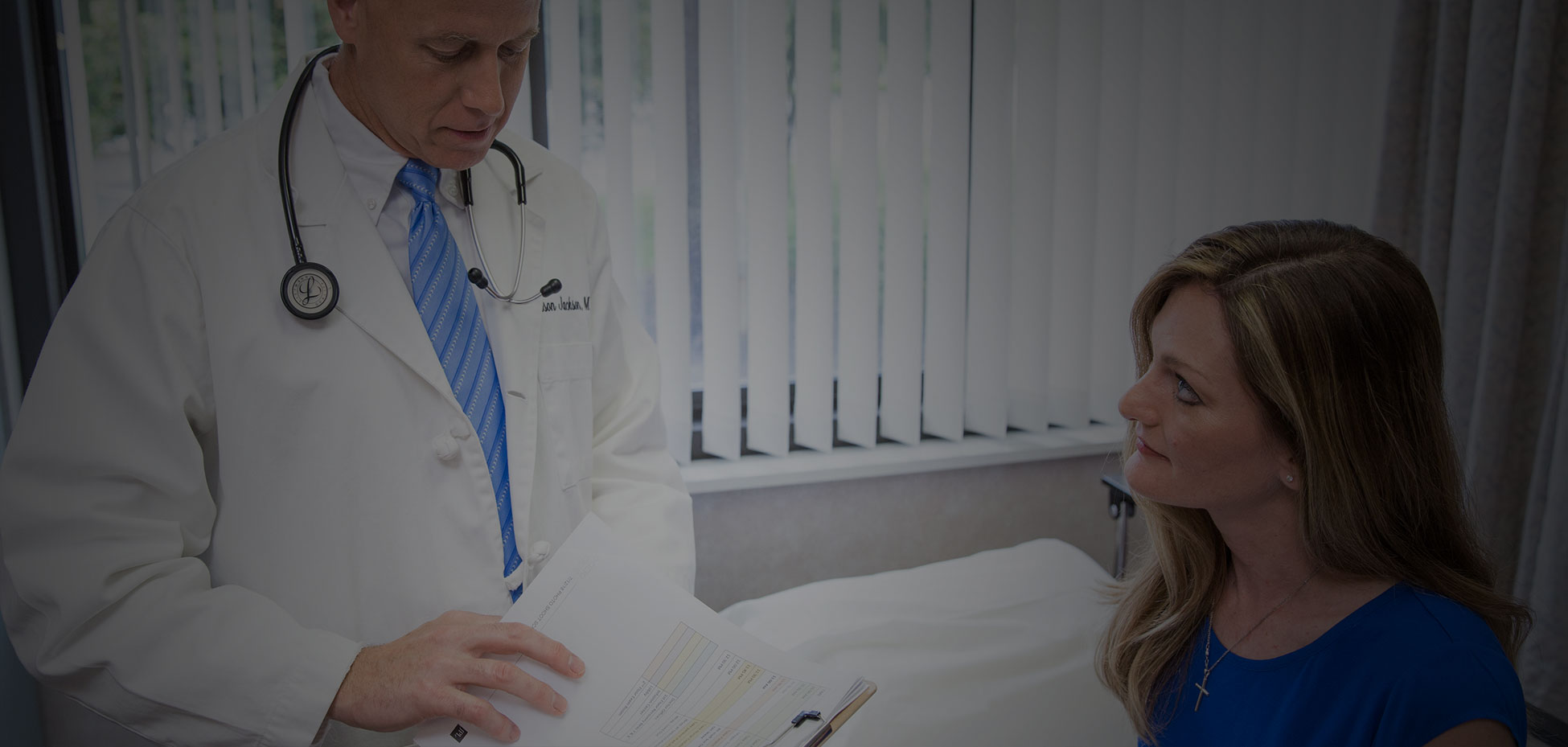GI Health Resources
Filter By Category
Showing results for ‘Diet’ Clear Search
Anti-Dumping Post-Gastrectomy Diet
This diet helps to prevent a condition called “dumping syndrome,” which occurs in some patients who have undergone stomach surgery. The symptoms include bloating, nausea, diarrhea, dizziness, weakness, sweating, and rapid heartbeat. They may occur 30 to 60 minutes after eating a meal and then again, 2 to 3 hours after eating. The early symptoms […]
Read MoreAsian Diet
The following is a description of the traditional Asian diet as believed to be related to disease prevention and increased longevity. The dietary principles described here are based on the historical diets of rural Japan, China, and other Asian nations. Today, many fast-food restaurants and western-style eating patterns have become more common in Asia. With […]
Read MoreClear Liquid Diet
A diet of clear liquids maintains vital body fluids, salts, and minerals; and also gives some energy for patients when normal food intake must be interrupted. Clear liquids are easily absorbed by the body. They reduce stimulation of the digestive system, and leave no residue in the intestinal tract. This is why a clear liquid […]
Read MoreColon Gas & Flatus Prevention
The thriving healthy mix of bacteria within the colon does not happen without the production of some gases. Most of these gases are odorless – hydrogen, oxygen, carbon dioxide and methane. Nitrogen is also present from swallowed air, which then moves down into the colon. So, bacteria produce most of the gases that are passed […]
Read MoreColon Polyps and Cancer Prevention Diet
Please refer to the essay on Colon Cancer and Polyps which describes these entities in detail. This essay describes the dietary steps you can take which may reduce your chance of getting colon cancer or polyps. No one is certain which of the following points are most important. Some are easy, such as ingesting enough […]
Read MoreColostomy, Ileostomy, Rectal Pouch Diets
Surgery is often needed to treat certain conditions of the colon (large bowel). Sometimes the surgeon must make an opening on the abdominal wall through which intestinal waste (feces) can pass. This surgery is medically known as colostomy and ileostomy. The opening itself is called a stoma. A lightweight, disposable bag is then worn over […]
Read MoreCrohn’s Disease Diet
Please refer to the essay on Crohn’s Disease for more detailed information on this disorder. Dietary treatment for Crohn’s Disease must start with a solid partnership with your physician. This information will supplement your knowledge of dietary factors that may beneficially influence your disease. It is for the Crohn’s patient who is reasonably stable. For […]
Read MoreDiverticulosis Diet
Diverticulosis, otherwise known as pockets or pouches of the colon, is very common. You can access a full description of this condition at Diverticulosis. The condition is almost certainly caused by a low fiber intake over a lifetime. This results in high pressures in the colon, which very, very slowly, over many years, cause ballooning […]
Read MoreDysphagia Diet
Dysphagia means difficulty with chewing or swallowing food or liquid. The dysphagia diet covers 5 levels for difficulty in swallowing. To understand how this might happen, it is important to know something about how swallowing occurs. First, food must be chewed thoroughly. Then it is moved to the back of the mouth by tightening the […]
Read MoreFull Liquid Diet
What is a “Full Liquid Diet”? The full liquid diet is often used as a step between a clear liquid diet and a regular diet, for example, after surgery or fasting. It may also be used after certain procedures, such as jaw wiring. This diet may also be appropriate for patients who have swallowing and […]
Read MoreSchedule an Appointment
New Patients
Thank you for choosing our practice for all of your GI needs!
Please provide a few details so we can deliver the best care for you.
Current Patients
Please contact our team Monday – Friday between 7:45am and 3:45pm at 717-761-0930 to schedule. Or request an office visit directly through your Patient Portal!
Direct Colonoscopy
Find out if you qualify to schedule your procedure directly, as opposed to first scheduling an office visit.
Complete our quick questionnaire!

Patient Information Center Get all the information you need for your next appointment at Jackson Siegelbaum Gastroenterology.
Prepare for Your Visit